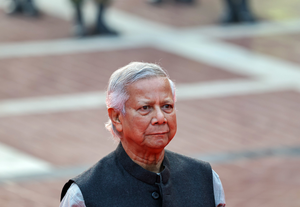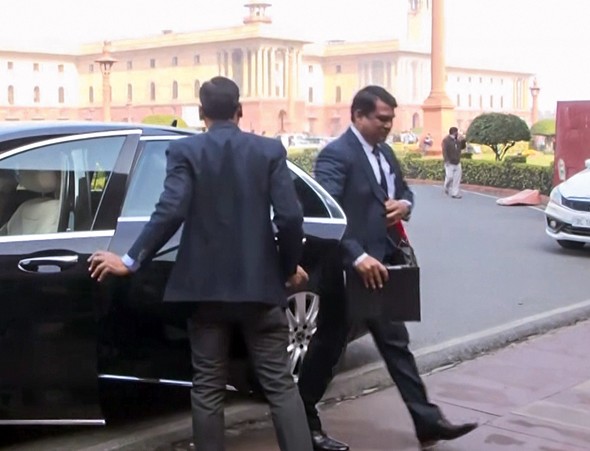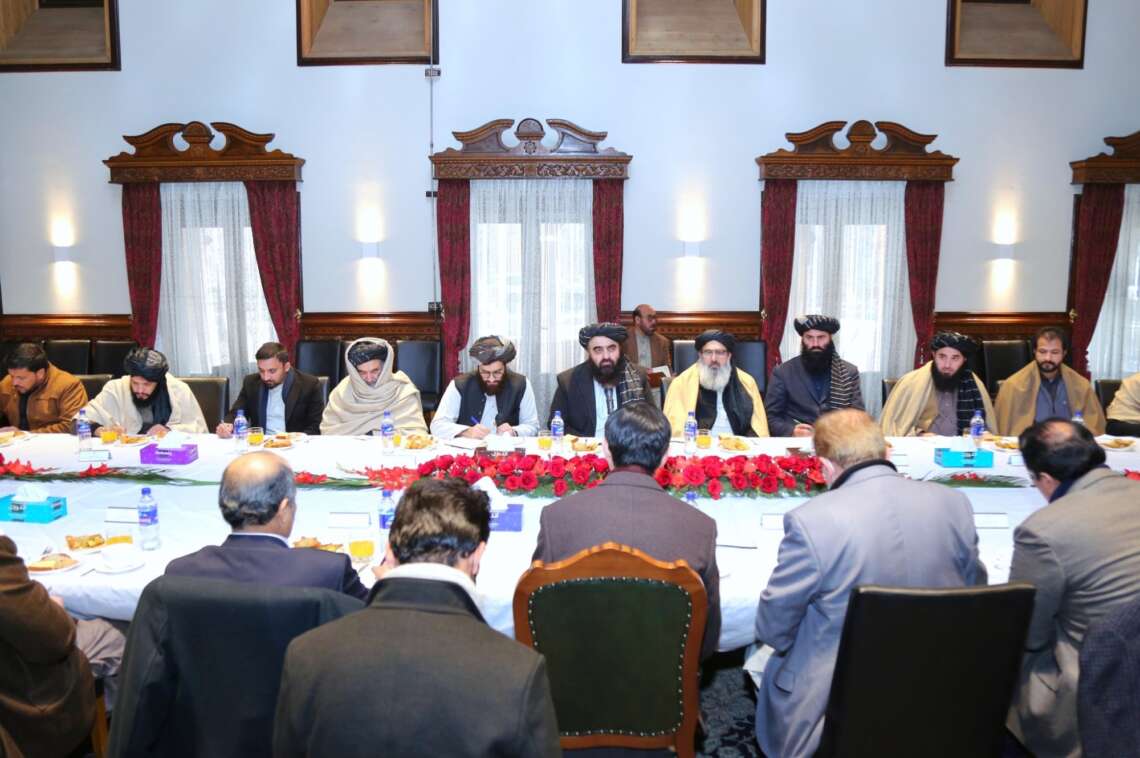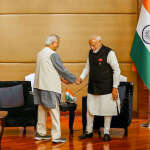Bangladesh’s main opposition party, the Bangladesh Nationalist Party (BNP), is scheduled to meet interim government Chief Advisor Muhammad Yunus on Wednesday, amid growing concerns that the next national parliamentary elections may be pushed beyond December 2025.
The meeting comes as BNP intensifies its demand for a clear and public commitment to holding elections before the end of the year. Senior party leader Salahuddin Ahmed confirmed that the party will urge Yunus to reaffirm his earlier promise of a December election deadline and to instruct the Election Commission to begin immediate preparations.
“We will remind the Chief Advisor of his commitment and call for a public announcement confirming that elections will be held on time,” said Ahmed, signalling the BNP’s deepening mistrust in the interim government’s intentions.
According to party insiders quoted by local media, the BNP is preparing to escalate its campaign if assurances are not provided. This includes launching a three-month series of nationwide rallies, marches, and processions, beginning at the grassroots level. The moves underscore the party’s determination to pressure the government into a fixed electoral timeline.
The BNP’s urgency stems from what it claims is a deliberate effort by elements within the interim administration to delay elections. An anonymous member of the BNP’s standing committee told United News of Bangladesh (UNB) that recent statements by key advisors hint at plans to keep the interim setup in power for an extended period.
He pointed to remarks made by Home Affairs Advisor Jahangir Alam Chowdhury, who said that public sentiment favours keeping the current administration in place for five years. Similarly, Fisheries and Livestock Advisor Farida Akhter reportedly declared that the interim government was “elected” through a mass uprising.
“This is an orchestrated attempt to erode democracy and legitimacy,” said BNP leader Mirza Abbas. “There are those openly proposing that Yunus stays in power for five years. Such attempts will damage not only Yunus’s credibility but the country’s democratic fabric.”
Yunus, who took charge of the interim government following the controversial removal of former Prime Minister Sheikh Hasina in August 2024, had in a national address last month promised elections between December 2025 and June 2026. He said a “Consensus Commission” was consulting with political stakeholders on possible electoral reforms. But the BNP, led by acting chairman Tarique Rahman, remains sceptical.
Speaking at a recent party meeting, Rahman criticised the reform agenda as a smokescreen. “These so-called reformists are sitting in lavish offices, enjoying government perks, and preaching democracy. They do not speak for the people,” he said, according to The Daily Star.
Tensions have simmered ever since the fall of the Awami League government. What began as a unified front among opposition parties to oust Sheikh Hasina is now fragmenting. The BNP believes that attempts to delay the next election could further destabilise the fragile political consensus.
With political uncertainty deepening and public trust in interim governance wearing thin, the outcome of Wednesday’s meeting could significantly shape Bangladesh’s path towards democratic restoration — or further confrontation.














